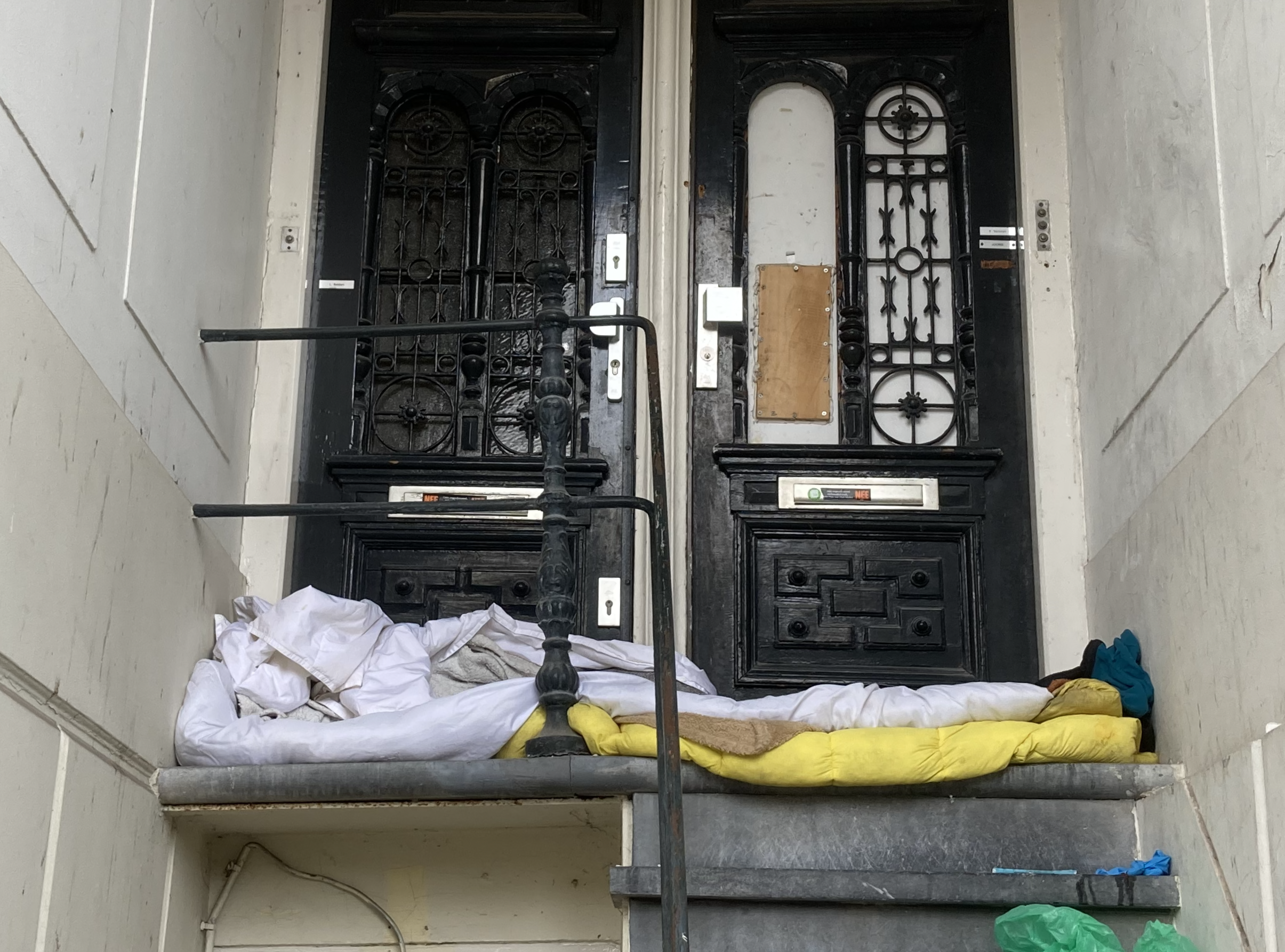Labour migrants have jobs, housing is the problem: CNV

Urgent action needs to be taken to tackle the number of foreign workers who are ending up living on the streets in the Netherlands, according to the CNV trade union federation and the Salvation Army.
In particular, a solution for short-term accommodation needs to be set up, because “most of them can get another job quickly,” the organisations say.
Six towns and cities, including Eindhoven and The Hague, are already experimenting with temporary accommodation. “In Eindhoven, 60% found another job within nine days and 20% opted to go back home,” Salvation Army chief Harm Slomp told the Telegraaf.
CNV chairman Piet Fortuin is now hoping that social affairs minister Eddy van Hijum will help fund the project. Next week parliament is due to debate the impact of labour migration in the Netherlands.
“There is enough work, that is not the problem,” he said. “And employers too benefit if these people do not end up on streets.”
Some 10,000 mainly Eastern Europeans are now thought to be sleeping rough in the Netherlands. “They are picked off the streets in countries such as Romania and Bulgaria and taken to work as soon as they arrive,” Slomp said.
If the work dries up or they are sacked, many also lose their accommodation, which is provided by their employer.
Van Hijum did announce on Thursday that employers will no longer be allowed to deduct the cost of accommodation directly from the salaries of people who are paid a minimum wage.
Currently they can withhold 25% of their earnings to pay for housing, but this will be reduced in 5% increments to zero by 2030, the minister said. The current system, is being used as an “earnings model” by unscrupulous employers.
The social affairs ministry has also agreed to establish its own agency to certify staffing agencies in an effort to eliminate dodgy companies that underpay and exploit workers from outside the Netherlands.
The legislation has been stalled for almost a year.
Poor conditions
The aim of the legislation is to ensure that only certified companies supply staff to Dutch firms, particularly in low-skilled sectors such as farm work and meat processing.
“Many labour migrants live and work in poor conditions,” Van Hijum said last month. “Bad staffing agencies have made underpayment and the provision of poor housing part of their earnings model.”
According to some estimates, there are currently 14,000 staffing agencies operating in the Netherlands. Some 500,000 people from other EU countries work in Netherlands, mainly in farming, distribution centres, factories and the meat industry.
Thank you for donating to DutchNews.nl.
We could not provide the Dutch News service, and keep it free of charge, without the generous support of our readers. Your donations allow us to report on issues you tell us matter, and provide you with a summary of the most important Dutch news each day.
Make a donation